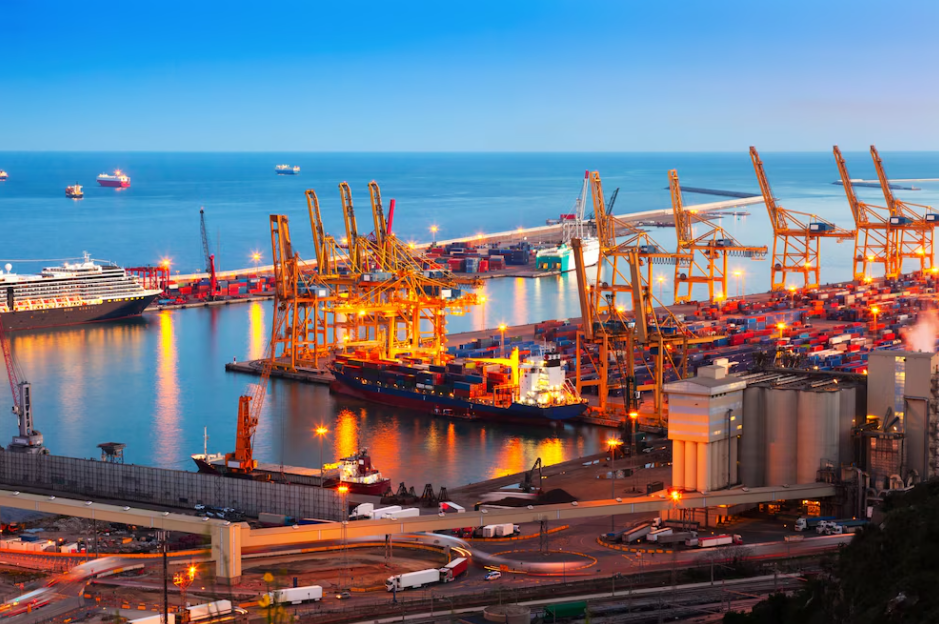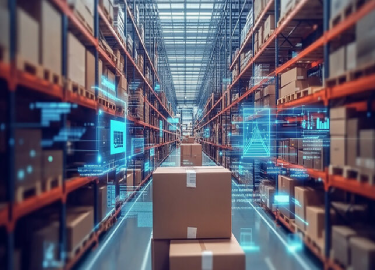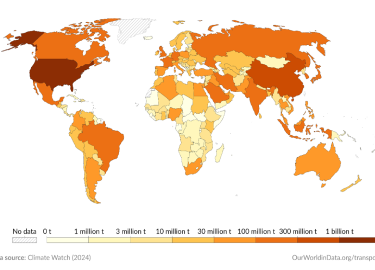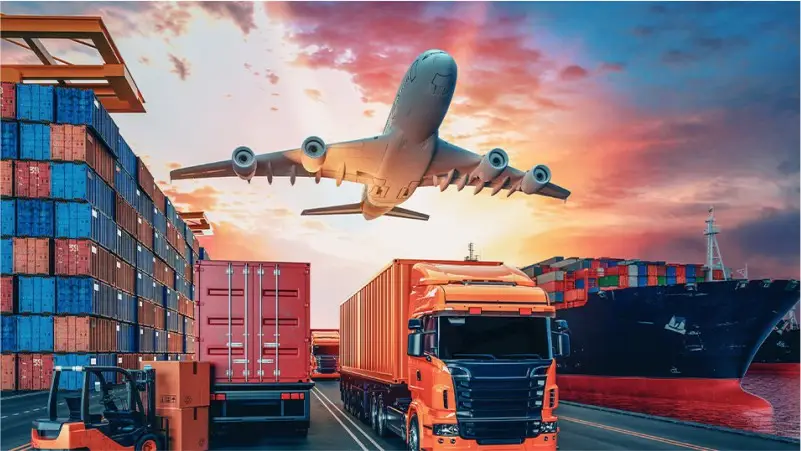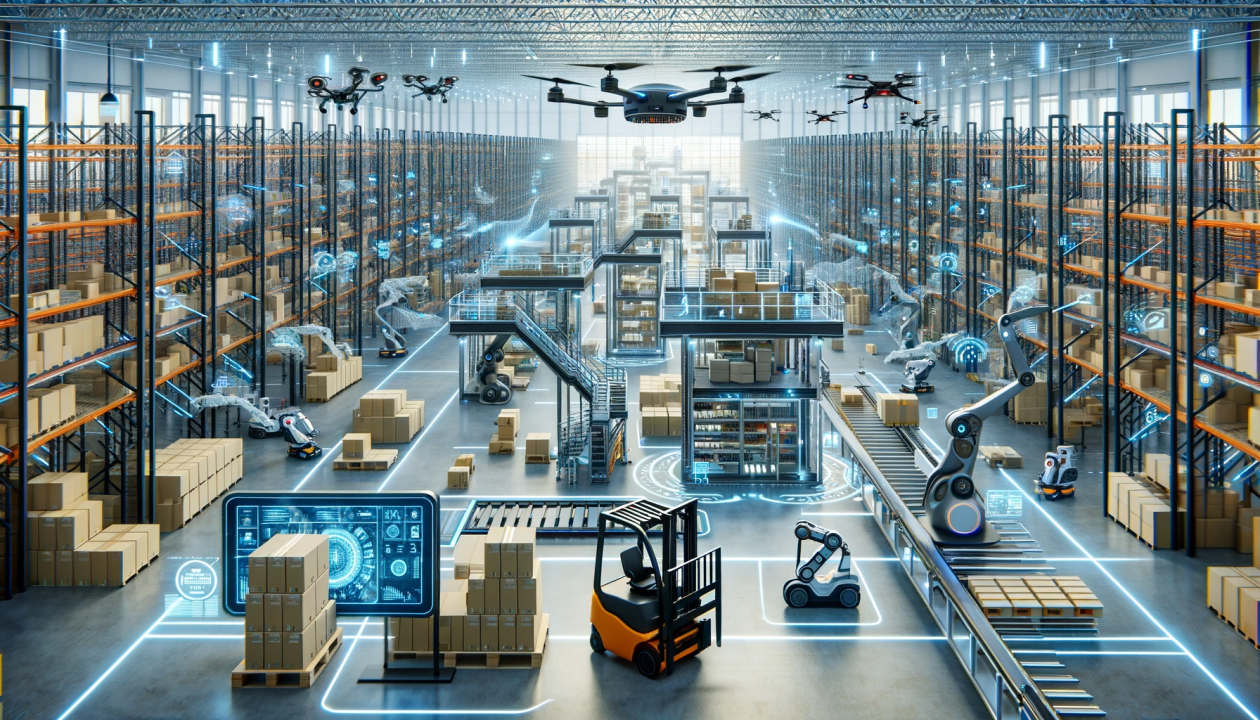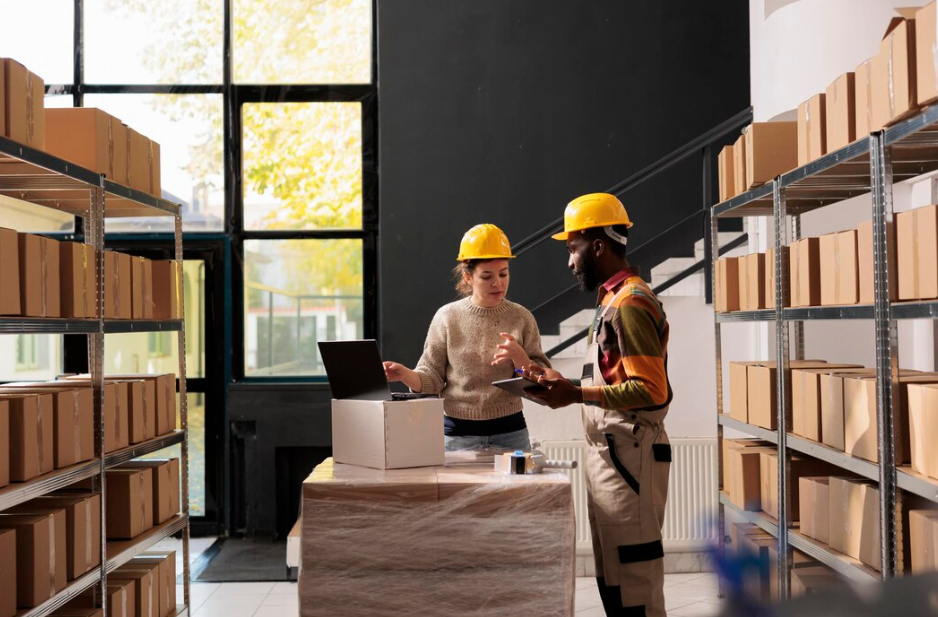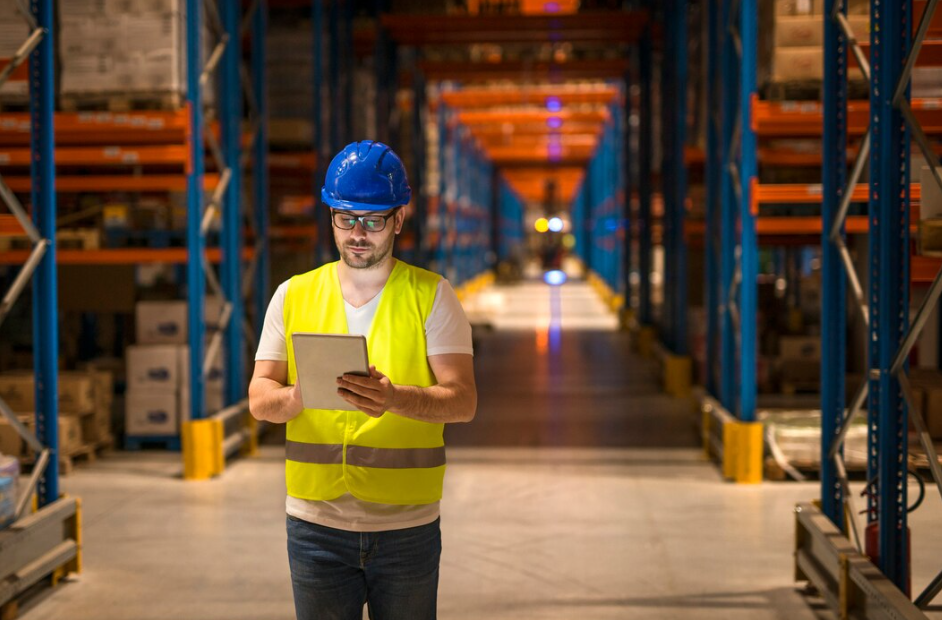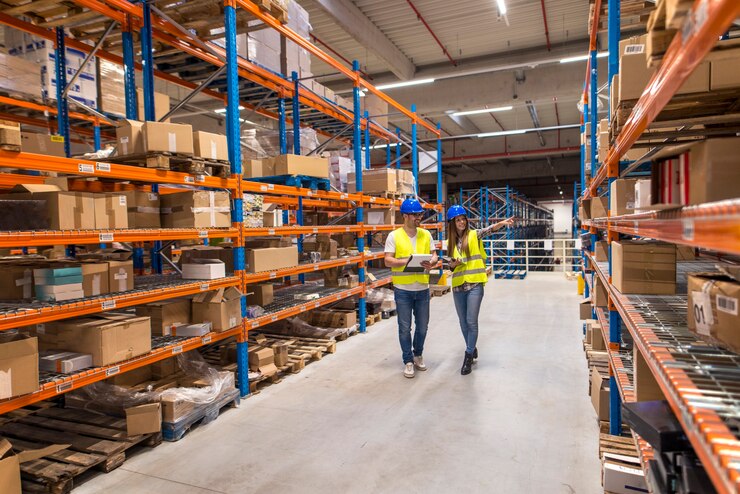- 3PL
- EFL 3PL

Introduction
The logistics industry plays a major role in global CO₂ emissions, with top contributors like the United States, China, and India producing 300 million to 1 billion tons annually. Southeast Asian nations, including Malaysia, also generate significant emissions, emphasizing the urgent need for sustainable logistics solutions (Climate Watch, 2024).
Figure 1: CO₂ Emissions from Transport (2021)
This map illustrates global CO₂ emissions from the transport sector in 2021, highlighting major contributing countries.
Source: Our World in Data. Retrieved from Our World in Data (CC BY 4.0).
Without proactive changes, transport-related emissions could account for 40% of global CO₂ emissions by 2050, making green logistics a necessity (Our World in Data, 2024). In response, businesses are increasingly adopting eco-friendly transportation, sustainable warehousing, and advanced logistics technologies to minimize their environmental footprint.
At EFL 3PL, sustainability is a core business commitment. By integrating energy-efficient solutions, carbon neutral initiatives, and digital innovations, EFL 3PL is committed to reducing supply chain emissions while maintaining efficiency and service reliability.
This blog explores how green logistics is shaping the future and how companies can integrate sustainability into their operations to meet both regulatory requirements and evolving consumer expectations.
Key Components of Green Logistics
1. Sustainable Warehousing
Green warehousing involves utilizing renewable energy sources, optimizing space, and implementing energy-efficient technologies. These measures contribute to lowering operational costs and minimizing environmental impact (Global Market Insights, 2024).
2. Eco-Friendly Transportation
Adopting alternative fuels and energy-efficient vehicles is central to reducing transportation’s carbon footprint. For instance, companies like Amazon have made significant strides by placing substantial orders for electric trucks to minimize emissions. Such initiatives not only reduce greenhouse gas emissions but also set new industry standards (The Guardian, 2025).
3. Efficient Route Planning
Using technology for route optimization can significantly reduce fuel consumption and emissions. Advanced logistics software enables companies to plan efficient delivery routes, thereby decreasing the environmental footprint of their operations.
Benefits of Implementing Green Logistics
• Environmental Impact
Green logistics plays a crucial role in reducing carbon emissions and mitigating climate change. Studies show that integrating green logistics and circular economy practices can significantly lower CO₂ emissions in the transportation sector (ScienceDirect, 2024).
• Economic Advantages
While green technologies require an upfront investment, businesses benefit long-term from reduced fuel costs and energy savings. The green logistics market is projected to grow to $3.39 trillion by 2034, indicating its increasing economic viability (Precedence Research, 2024).
• Enhanced Brand Reputation
Companies that prioritize sustainability resonate better with environmentally conscious consumers, leading to increased loyalty and market share. A commitment to green logistics demonstrates corporate responsibility and aligns with the values of a growing segment of consumers (Global Market Insights, 2024).
Challenges in Adopting Green Logistics
• High Initial Investment
Transitioning to sustainable practices often requires substantial upfront costs, which can be a barrier for some companies. Investments in new technologies, infrastructure, and training are necessary to implement green logistics effectively.
• Technological Integration
Integrating new, sustainable technologies with existing systems can be complex and may require significant adjustments. Ensuring compatibility and efficiency during this transition is crucial for success.
• Regulatory Compliance
Navigating varying environmental regulations across regions can be challenging for global logistics companies. Staying compliant requires continuous monitoring and adaptation to new laws and standards.
Case Study: EFL 3PL’s Commitment to Sustainability
At EFL 3PL, sustainability is a core part of operations. By adopting smarter and environmentally friendly solutions, EFL 3PL is reducing its environmental footprint while delivering seamless logistics solutions for customers. Here is how EFL 3PL is making a difference:
• Carbon Neutrality
EFL 3PL is proud to be Sri Lanka’s first carbon neutral third party logistics provider. We’re bringing that same commitment to Malaysia by supporting the country’s 2050 carbon neutrality goals through sustainable supply chain solutions and reducing emissions across operations (MIDA, 2023).
• Paper-Free Operations
By transitioning to digital documentation and automated workflows, EFL 3PL has reduced paper waste while improving efficiency. This shift helps streamline operations and align with broader sustainability goals.
• Solar-Powered Facilities
EFL 3PL is committed to expanding the use of renewable energy across its Malaysian operations. We plan to convert all our Malaysian facilities to solar power within the next five years, aligning with the nation’s renewable energy initiatives (SEDA, 2024). This transition reflects our commitment to sustainable operations and delivering eco-friendly logistics solutions to our clients.
The Future of Green Logistics
The green logistics sector is poised for substantial growth, with the global market size projected to expand from $1.28 trillion in 2024 to $1.91 trillion by 2029, reflecting a compound annual growth rate (CAGR) of 8.29% during this period. This growth is driven by technological advancements such as the increased adoption of electric vehicles, integration of renewable energy systems, and the implementation of sophisticated logistics software. These innovations are making sustainable practices more accessible and cost-effective, positioning green logistics as a pivotal component in the future of global supply chains (Mordor Intelligence, 2024).
Conclusion
Green logistics is no longer an option, it is a smart business decision. Companies that adopt sustainable practices prepare for the future, meet regulatory requirements, and build stronger connections with environmentally conscious customers. As the logistics industry evolves, integrating green solutions is essential to staying competitive.
Are you ready to take the next step toward sustainable logistics? EFL 3PL is here to help with solutions tailored to your supply chain needs. Talk to our team today to explore how sustainability can drive efficiency and long-term success.




